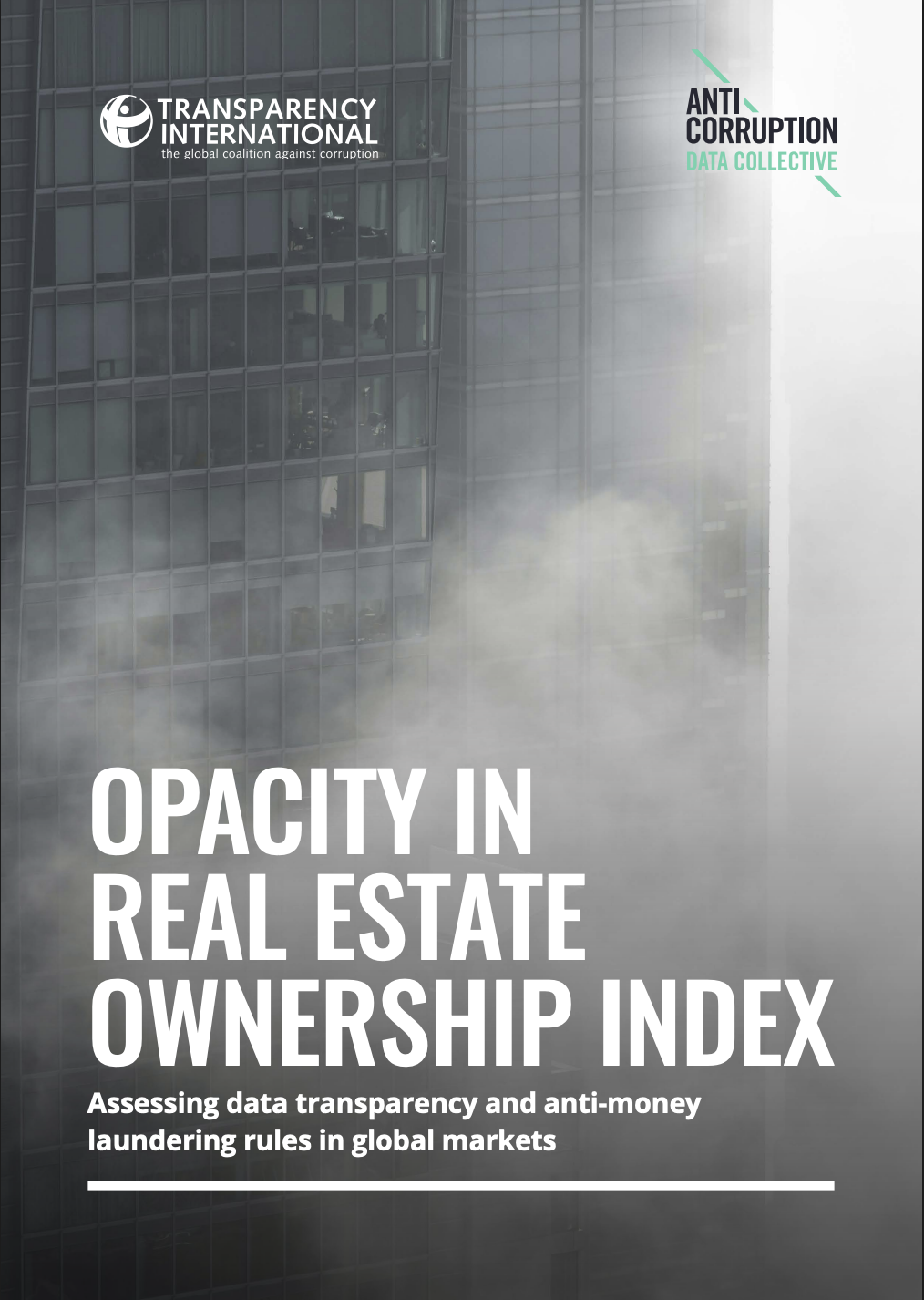Transparency International-Canada is pleased with the decision by the Ontario Supreme Court to sentence Nazir Karigar to three years in prison term for his role in a plan to bribe officials in India.
Paul Lalonde discusses OSC’s proposal to financially reward whistle-blowers
Board member of TI Canada and partner at Denton’s Canada, Paul Lalonde, commented on the recent Ontario Securities Commission announcement that it is interested in adopting a whistle-blower program. The OSC proposes to offer whistle-blowers financial rewards for coming forth with timely an credible information that leads to the imposition of monetary sanctions.
Corporate Wrongdoing – Assessing Canada’s Policies on Integrity Framework
TI Canada in the News About Manulife and FINTRAC, and Legal Loopholes in BC
TI Canada’s Interim-Executive Director was interviewed on CBC’s ‘On the Money’ (interview starts at 5:26) to discuss the fallout of FINTRAC not naming Manulife Bank for fines of $1.15 million. Manulife Bank, a division of Manulife Financial, was fined for failing report obligations on many transactions. Manulife Bank has claimed that its failure to flag the bank transfers, including those deemed to be suspicious, were due to ‘administrative errors’.
TI Canada in the News on Bill C-25
TI Canada active member Denis Meunier was featured in the Toronto Star where he commented on the issues associated with the Ottawa’s first comprehensive reform of corporate law in more than a decade, Bill C-25.
Canada’s Good Reputation Is Being Abused By Criminals/ Les criminels abusent de la bonne réputation du Canada
This article was originally published in The Toronto Star on January 25, 2017 as ‘Don’t let Canada become haven for tax dodgers’ (link here).
Why are three of the world’s richest countries doing so little to stop corruption?
One of the best-known data points in the anti-corruption field is the estimate from Global Financial Integrity that US$ 1.1 trillion in proceeds of corruption, crime and tax evasion are taken from developing countries every year and invested in Western banks, real estate, and luxury goods. The volume of illicit financial flows is higher than the total value of development aid and foreign direct investment into poor countries combined.
TI Canada asks Minister Wilson-Raybound to move forward with repealing exception for facilitation payments under CFPOA
View the letter here:Letter to Hon Jody Wilson-Raybould re facilitation payments
TI Canada successful in advocating for whistleblower protection at Supreme Court
Press Release: Transparency International Canada calls on Ottawa to introduce a public registry of Canadian registered companies
Corporate Wrongdoing - Assessing Canada's Policies on Integrity Framework
TI Canada's Executive Director Alesia Nahirny and several TI Canada Board Members participated in an event organized by the Institute for Research for Research on Public Policy "Assessing Canada's Policies on the Integrity Framework and Corporate Wrongdoing." Some of the questions discussed by the expert panel were:
What are the main policy instruments used in Canada to combat 'white collar' crime? Have these instruments been effective?
How should the Canadian government respond to incidents of corporate wrongdoing to preserve the integrity of procurement process and public trust?
How do existing rules affect the ability of Canadian firms to compete globally - are Canadian penalties weaker, stiffer or similar than those in other countries for the same offences?
Should the federal government consider adopting deferred-prosecution agreements?
The IRPP is due to publish its report in early 2016 and it will be posted on our website.
TI launches report on Beneficial Ownership; Canada ranked as weak
TI Canada/TI Secretariat file factum with Supreme Court on importance of protecting whisteblowers
TI Supports Open Access Coursebook "Global Corruption: Law, Theory and Practice"
TI Canada and TI Secretariat bring joint motion for leave to intervene in Supreme Court case
Transparency International Canada and Transparency International Secretariat have brought a joint motion for leave to intervene in the Supreme Court of Canada appeal of World Bank Group v. Kevin Wallace, et al. The appeal will consider whether an immunity conferred under Canadian law to an international organization may be vitiated by cooperation between the international organization (The World Bank) and domestic Canadian law enforcement (Royal Canadian Mounted Police).





